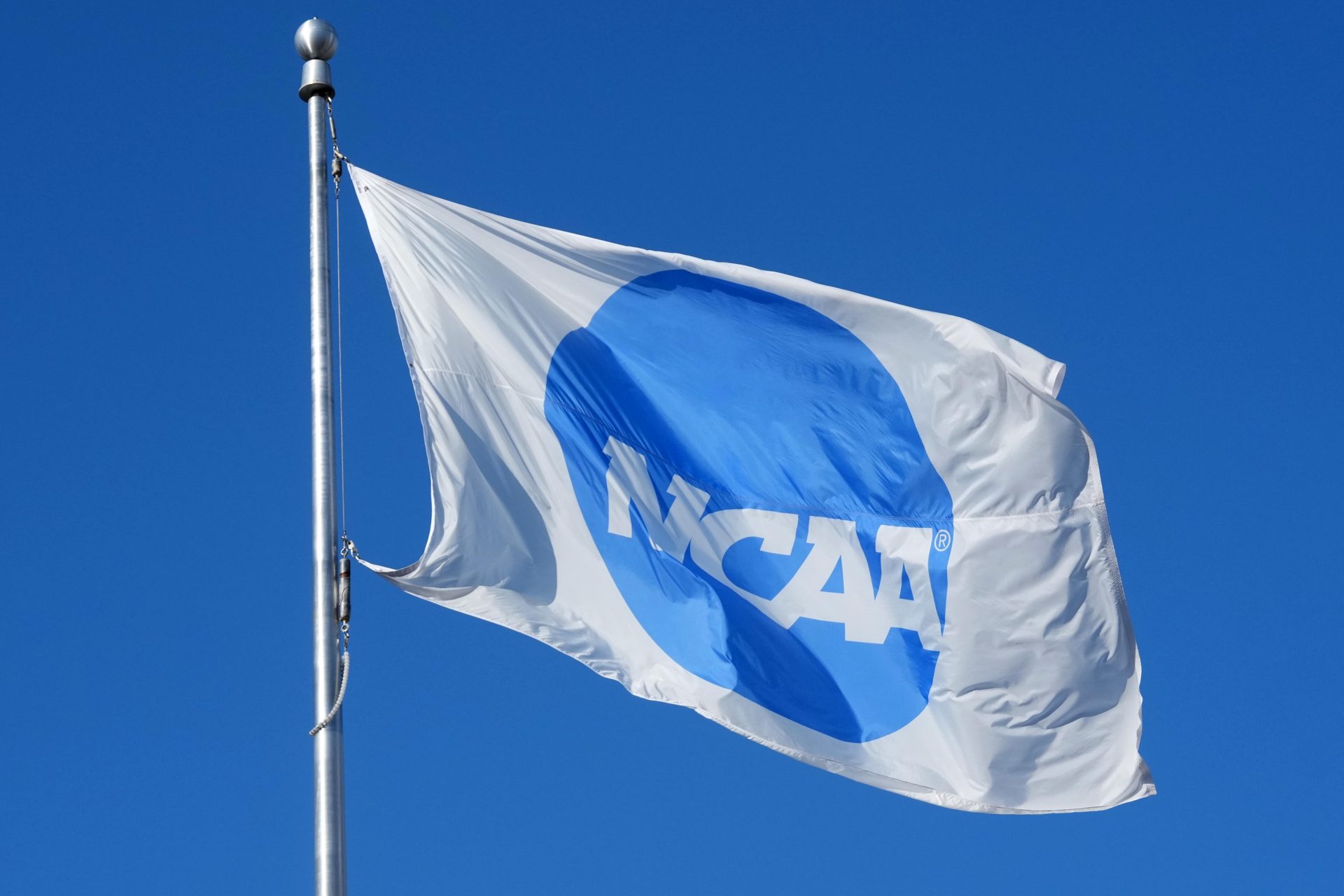Swarthmore College, members of its athletic department, and the NCAA have been sued by a transgender runner who claims she was driven into such severe depression that she considered suicide after being barred from competing on the women’s track team.
Long-distance runner Evie Parts, who in 2024 was named one of four captains of the Swarthmore track team, says in the Pennsylvania federal lawsuit that her college track career “suddenly was halted” in February, when the Division III school chose to adhere to a new NCAA policy that was in line with an executive order signed by President Trump. That order was aimed at banning transgender athletes from competing in women’s sports in schools.
Her ban lasted from Feb. 6 through April 11, and she was advised that she had two options: run for the men’s team or run unattached to the college. The effects of this were extreme, according to the complaint. During her ban, Parts, who transitioned in high school, could not receive coaching from the track coaches, had to pay for her own entry to races, could not receive any per diem money or food after meets ended, and was prohibited from traveling with the women’s team, according to the lawsuit. She also could not receive medical treatment at meets from school staff, “unless the staff was there to serve all (not just the College’s) athletes participating in the meet,” the suit says.
“Swarthmore College chose to follow the NCAA and disregard federal and state law when it implemented a policy that segregated Evie from her teammates…” the lawsuit states.
According to the suit, the treatment caused Parts to fall into such severe depression that she engaged in self-harm and told a friend she “wanted to kill herself.”
Come April 11, “in apparent admission that its short-lived ban was illegal,” Swarthmore fully reinstated Parts, the suit says. She went on to represent Swarthmore in three track meets through her graduation in May.
Among other allegations, the suit claims these actions violated Title IX, the federal law that guarantees equal opportunity for men and women in college sports and education, and says Swarthmore “demonstrated a reckless disregard for the law and Evie’s safety.”
One of the attorneys representing Parts, Susie Cirilli of Cirilli LLC, tells Front Office Sports “we stand by the allegations in the complaint.”
“The NCAA is not a governmental entity but a private organization that issued a bigoted policy,” Cirilli says. “Swarthmore College chose to follow that policy and disregard state and federal law.”
Also representing Parts is longtime civil rights attorney Alan Epstein of Spector Gadon Rosen Vinci PC. He’s known for his work on a wrongful dismissal case against a Philadelphia law firm by an attorney with HIV. The movie “Philadelphia,” starring Tom Hanks and Denzel Washington, was partly based on the facts of that case.
Cirilli has also represented two other transgender athletes who recently filed lawsuits alleging unfair treatment. One, filed in July in New Jersey state court, saw a transgender woman sue Princeton University and the organizers of a track meet sponsored by the school over claims she was illegally disqualified 15 minutes before a race due to her gender identity.
The other, filed in New York state court in June, was filed by a transgender woman who claims she was kicked out of the Tennis League Network—a platform that organizes adult amateur tennis leagues—following one match that took place in March.
The new case is the first of the three suits Cirilli is involved in that names the NCAA as a defendant.
The NCAA and Swarthmore did not immediately respond to requests for comment.





![[Subscription Customers Only] Jun 15, 2025; Seattle, Washington, USA; Botafogo owner John Textor inside the stadium before the match during a group stage match of the 2025 FIFA Club World Cup at Lumen Field.](https://frontofficesports.com/wp-content/uploads/2026/02/USATSI_26465842_168416386_lowres-scaled.jpg?quality=100&w=1024)
![[Subscription Customers Only] Jul 13, 2025; East Rutherford, New Jersey, USA; Chelsea FC midfielder Cole Palmer (10) celebrates winning the final of the 2025 FIFA Club World Cup at MetLife Stadium](https://frontofficesports.com/wp-content/uploads/2026/02/USATSI_26636703-scaled-e1770932227605.jpg?quality=100&w=1024)










